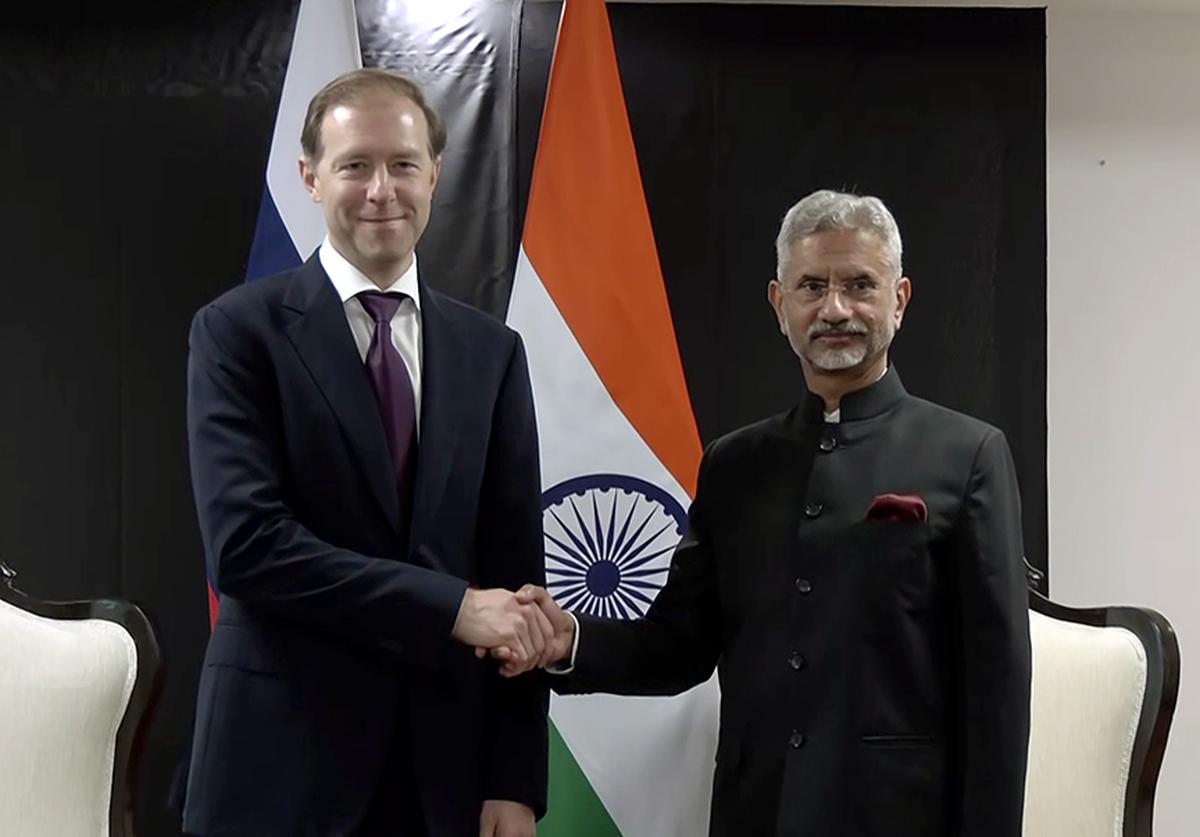India and Russia hold talks to address trade deficit and market access
India and Russia held a meeting of their Inter-Governmental Commission on Trade, Economic, Scientific, Technological and Cultural Cooperation (IRIGC-TEC) on Monday to address the issue of trade deficit and improve market access between the two countries.
Overview of India-Russia bilateral trade
India and Russia have a long-standing economic partnership, with bilateral trade standing at $12.62 billion in 2020-21. However, the trade balance is heavily skewed in favor of Russia, with India's exports to Russia at $3.44 billion and imports from Russia at $9.18 billion. This has resulted in a trade deficit of $5.74 billion for India.
Talks to address trade deficit and market access
During the IRIGC-TEC meeting, the two sides discussed measures to address the trade imbalance and improve market access for Indian goods and services in the Russian market. The Indian delegation was led by External Affairs Minister S. Jaishankar, while the Russian side was led by Deputy Prime Minister of the Russian Federation, Yuri Borisov.
The two sides discussed ways to enhance bilateral trade in sectors such as pharmaceuticals, chemicals, agriculture, and engineering goods. They also discussed the possibility of setting up joint ventures and cooperation in sectors such as mining, railways, and energy.
Measures to boost trade and investment
The meeting also discussed measures to boost trade and investment between the two countries. India invited Russian companies to invest in sectors such as infrastructure, defense, and startups. The two sides also discussed the possibility of signing a free trade agreement between the Eurasian Economic Union (EAEU), of which Russia is a member and India.
The IRIGC-TEC meeting also discussed cultural cooperation between the two countries, including the possibility of setting up a Russian cultural center in India and an Indian cultural center in Russia.
In conclusion, the India-Russia IRIGC-TEC meeting was a positive step towards addressing the trade deficit and improving market access between the two countries. By exploring new sectors for cooperation and investment, and considering a free trade agreement, the two sides are taking concrete steps toward enhancing their economic partnership.


